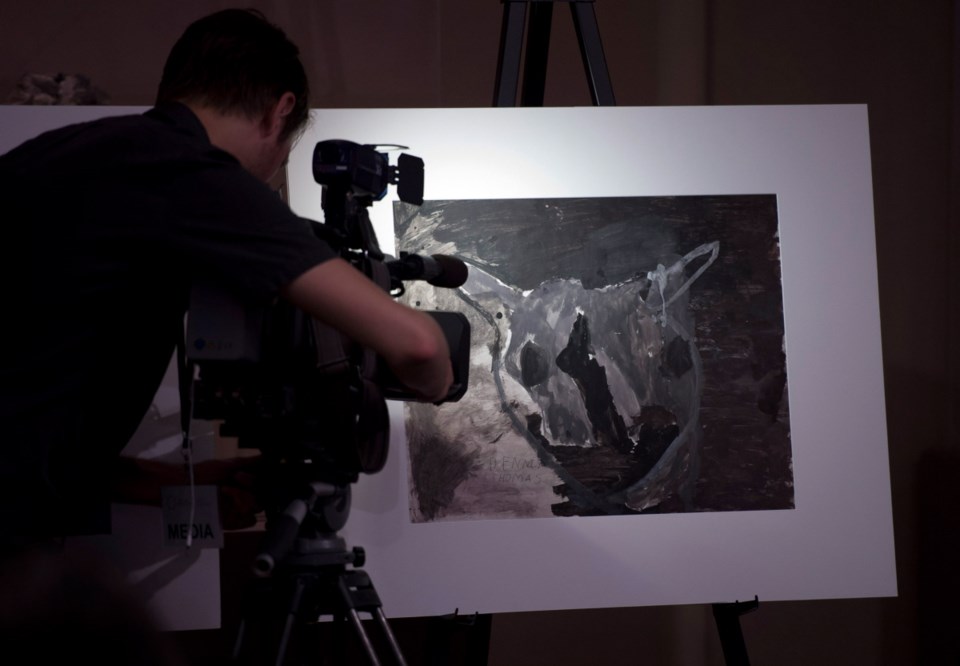Wally Samuel experienced the horrors of Canada’s residential schools first-hand, so he was gratified Tuesday to hear them finally condemned by the Truth and Reconciliation Commission as a system of “cultural genocide.”
“We had to let the people know that these things really happened,” the 68-year-old Port Alberni man said in a telephone interview from Ottawa.
“They had to do a study on it just to prove some of the stuff.
“I’m glad it’s out there and hopefully more people will read it and listen.”
Samuel, who grew up in Ahousaht and survived seven years at the Alberni Indian Residential School, said people need to understand that “a lot of harm was done and that we’re still going through our healing process.”
The commission’s summary report makes 94 broad recommendations on everything from greater police independence and reducing the number of aboriginal children in foster care to restrictions on the use of conditional and mandatory minimum sentences.
It represents the culmination of six emotional years of extensive investigation into the church-run, government-funded institutions, which operated for more than 120 years.
“The residential school experience is clearly one of the darkest, most troubling chapters in our collective history,” said Justice Murray Sinclair, Canada’s first aboriginal justice and the commission’s chairman.
“In the period from Confederation until the decision to close residential schools was taken in this country in 1969, Canada clearly participated in a period of cultural genocide.”
The full report, weighing in at six volumes and thousands of pages, will be released this year.
Sinclair said the commission heard from residential school survivors who were robbed of the love of their families.
“They were stripped of their self-respect and they were stripped of their identity. Their stories — more than 6,750 of them in number — will now become part of a permanent historical archive never to be forgotten or ignored.”
Samuel, 68, said he was nine or 10 when he first went to the Alberni Indian Residential School.
“It was a lonely place to be away from your family, your community, amongst a bunch of people you don’t even know,” he said.
“We were treated like the military. Line up for this. Line up for that. Dress this way, dress that.
“It was just trying to change our day-to-day lifestyle. We were OK before. Happy and productive. I don’t know why we were trying to be changed.”
Over the years, Samuel has spoken to schools about his experience and helped University of Victoria anthropologist Andrea Walsh repatriate paintings made by children at the Alberni school from 1958 to 1964.
This week, Samuel and Walsh were invited to Ottawa with 12 survivors and their families to take part in the commission’s closing events, tell their stories and show their paintings.
“These paintings are evidence of the strength that some of those children carried with them through that very difficult and dark time,” Walsh said.
The commission also listened to the stories of those who worked at or administered the residential schools.
Many of those men and women are still haunted by what they witnessed and filled with regret at having been part of the system, Sinclair said.
“We heard the pain of those charged with the care of those children. We heard of the demons that they face for not being able to care for them properly or to protect them from the abusers.”
The TRC report calls on the federal government to launch a national inquiry into missing and murdered aboriginal women. It also calls for a statutory holiday to honour survivors and an apology from the Pope on behalf of the Roman Catholic Church.
More than 130 residential schools operated across Canada and the federal government has estimated at least 150,000 First Nation, Métis and Inuit students passed through the system. The last school, outside Regina, closed in 1996.



